The 3 Connections Between Flooring and Energy Efficiency: How Your Floor Can Affect Your Home’s Comfort
When it comes to energy efficiency in homes, many homeowners might first think about their windows or insulation. However, another critical aspect that shouldn't be overlooked is flooring. The type of flooring in a house can have a surprising impact on energy efficiency and overall comfort levels. In this article, we'll explore the three key ways that flooring can influence energy efficiency in your home.
1. Think About Thermal Insulation
The type of flooring you choose can contribute significantly to your home's thermal insulation. Certain flooring materials, like cork or carpet, naturally provide better insulation due to their composition, thereby keeping the heat in during winter months and out during summer. According to the National Association of Realtors (NAR), flooring is one of the top home features that influences buyers' decisions. This means that a well-insulated floor can potentially improve your home's value because it reduces the need for excess heating or cooling, ultimately saving on energy bills.
2. Consider the Moisture Control
Moisture levels in a home can affect many factors, including the efficiency of your heating and cooling systems. Flooring that is resistant to moisture, such as tile or sealed hardwood, can help manage humidity levels, preventing excess moisture which often leads to increased HVAC usage. By mitigating unnecessary moisture, you can more effectively maintain a stable indoor climate, cutting down on energy waste and increasing comfort.
3. Integrate With Radiant Heating Systems
Radiant floor heating systems are celebrated for their energy efficiency and comfort. These systems work best with certain types of flooring, like stone, tile, or polished concrete, that effectively conduct and radiate heat. Integrating your flooring choice with a radiant heating system can ensure that the energy used to warm your home is efficiently distributed, providing consistent and comfortable temperatures with less energy expenditure.
When planning for an energy-efficient home, it's vital to consider all elements, including flooring. From thermal insulation and moisture control to compatibility with radiant heating, your flooring choice plays a pivotal role in energy efficiency. By making informed decisions about your flooring materials, you can create a more comfortable living space while potentially reducing your energy costs. If you're looking for quality flooring materials that improve energy efficiency, contact Your Flooring LLC today.
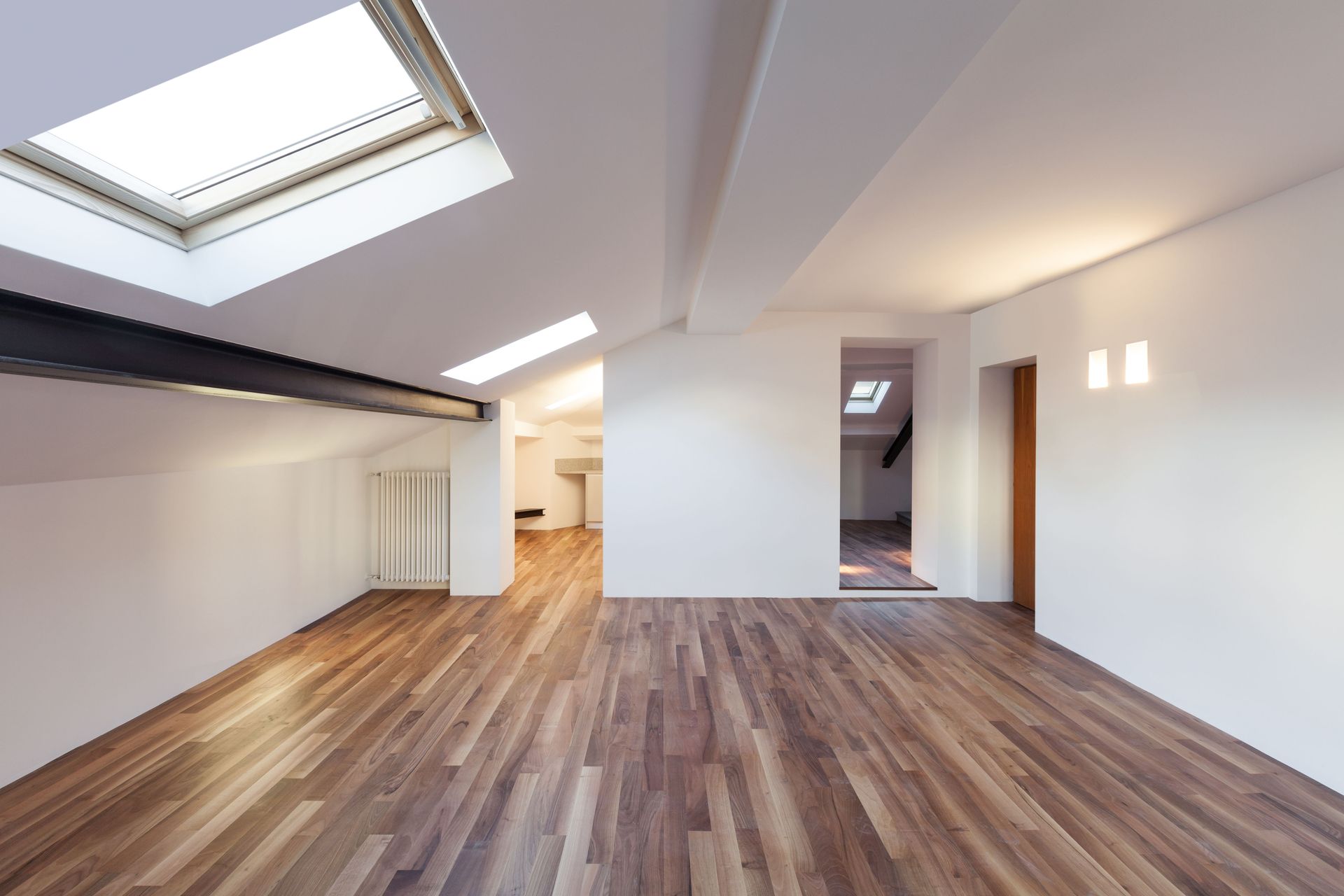
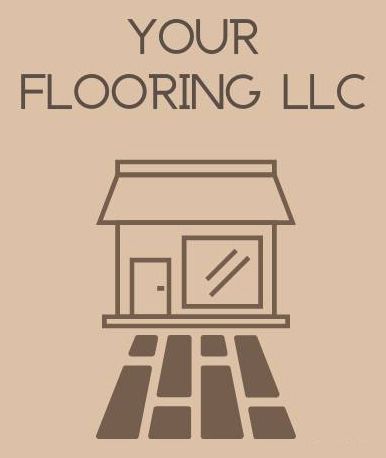

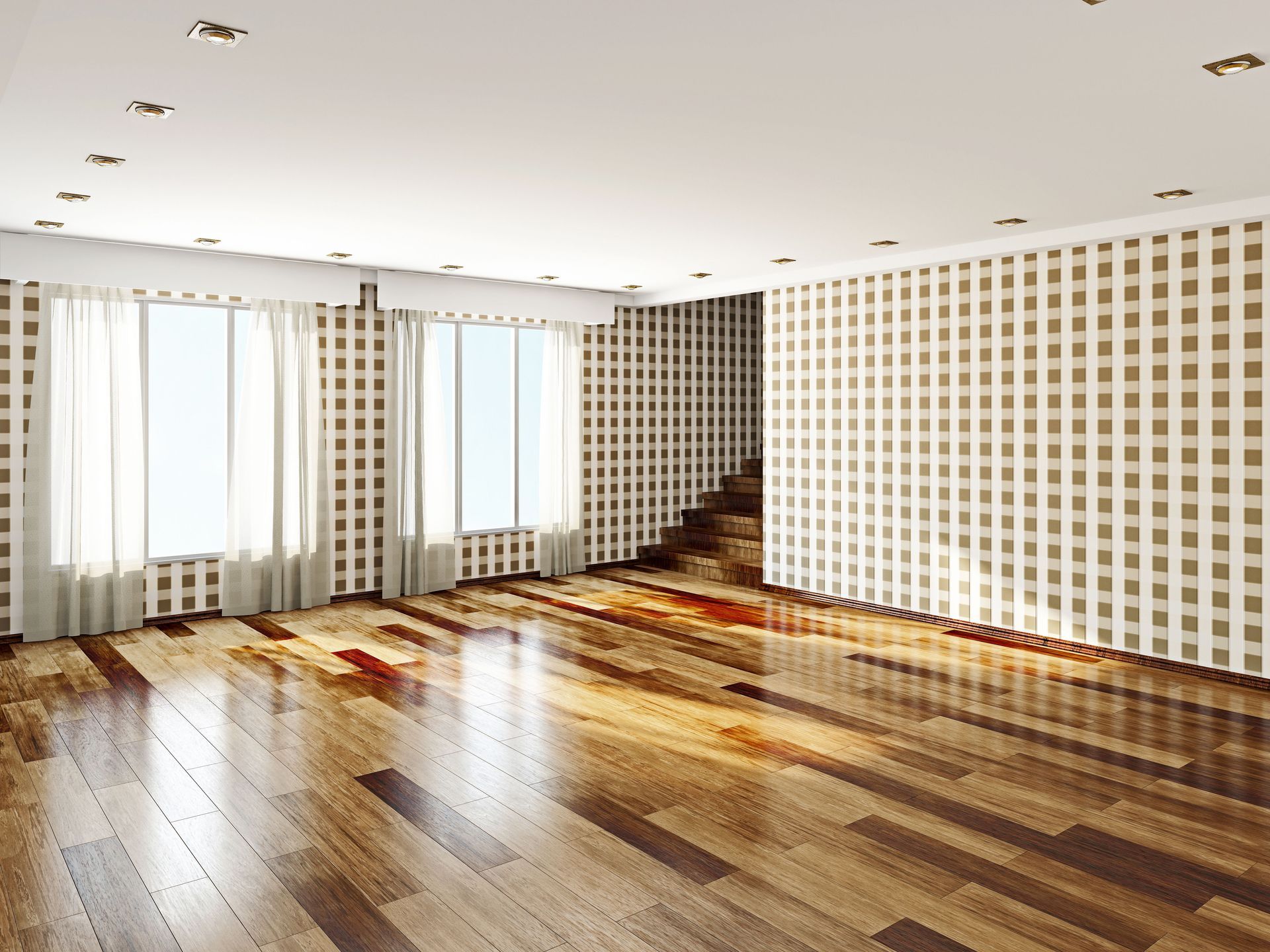
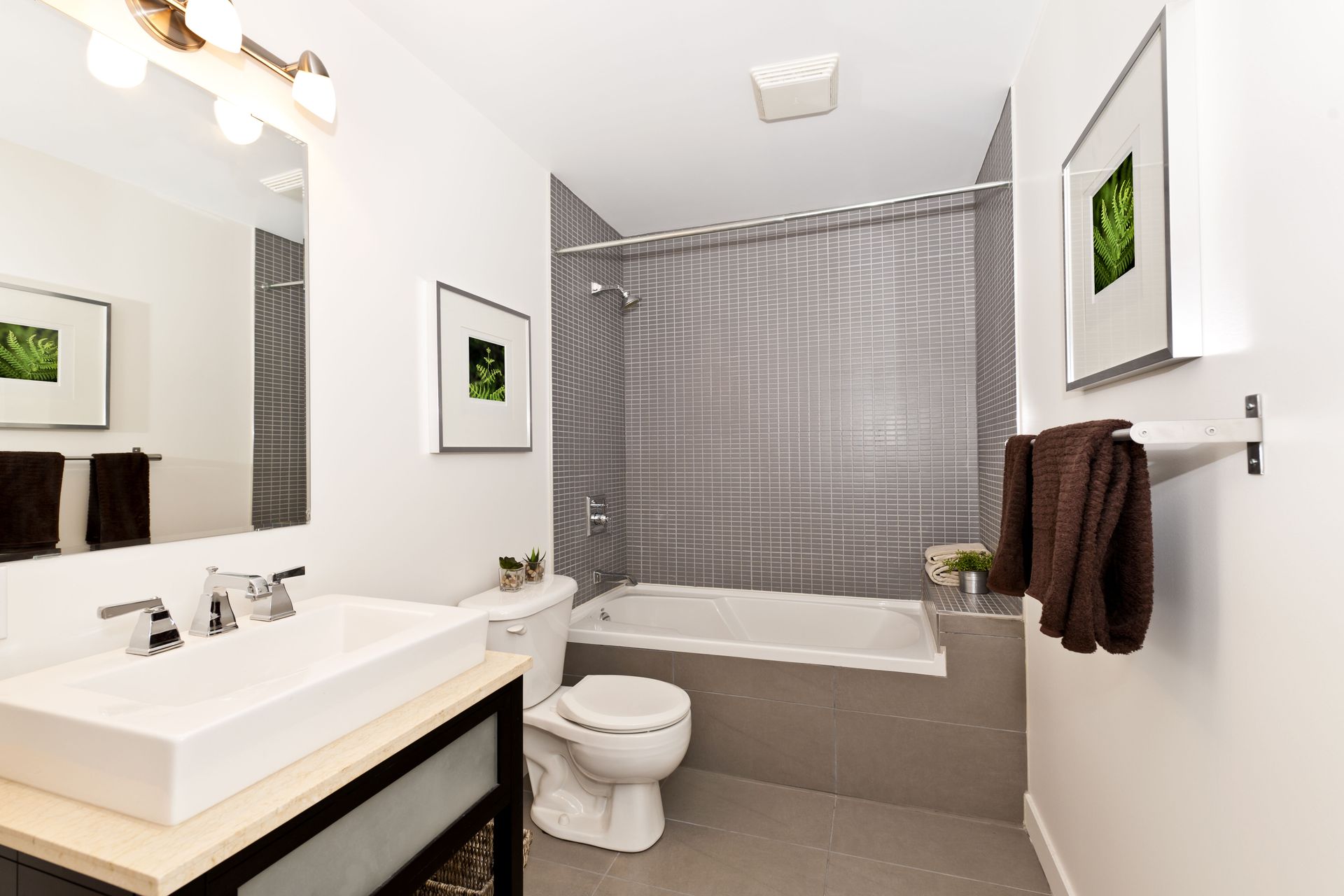
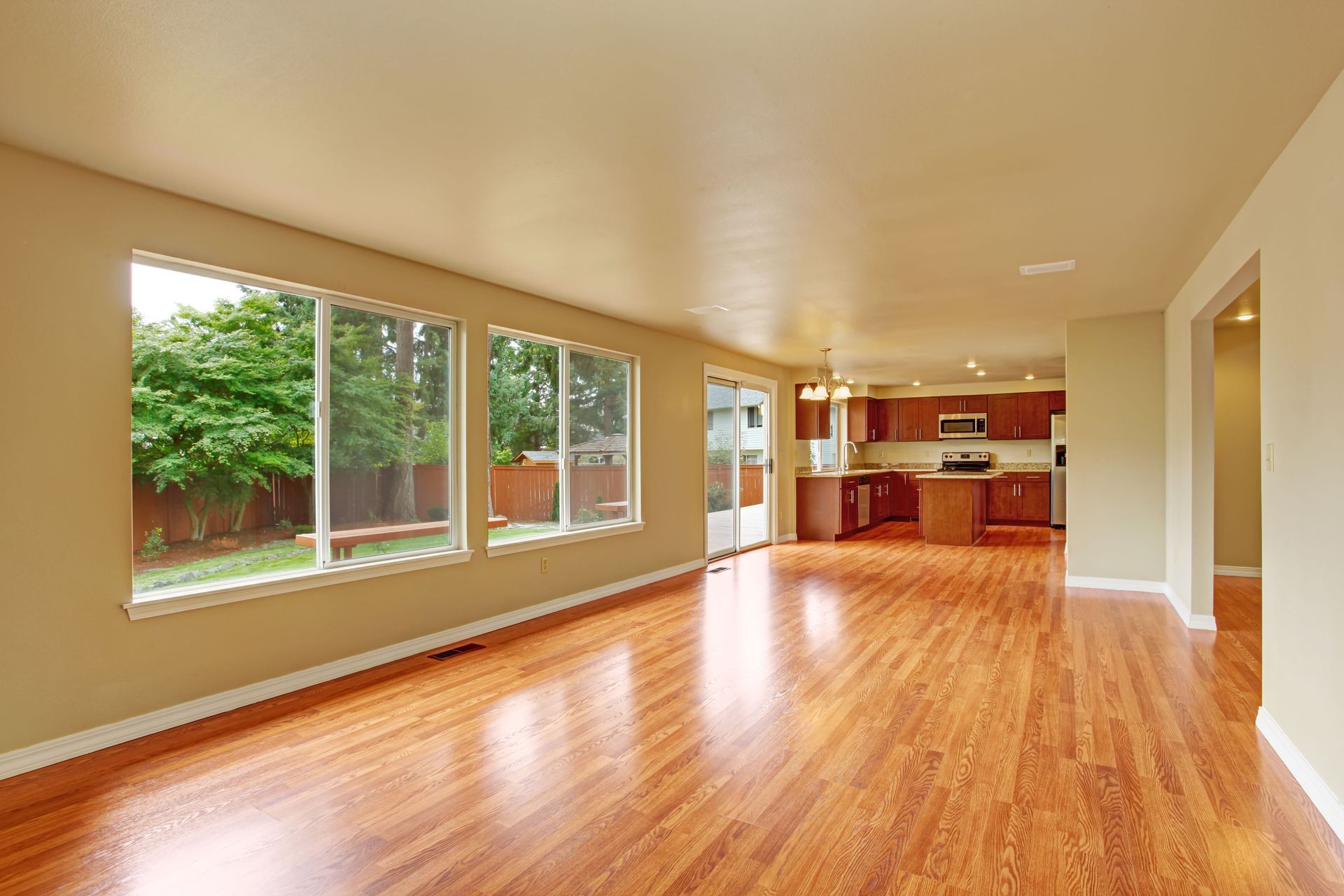
Share On: